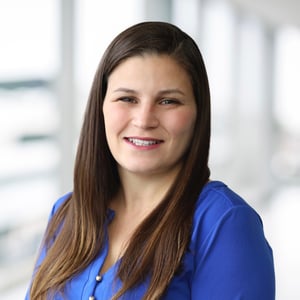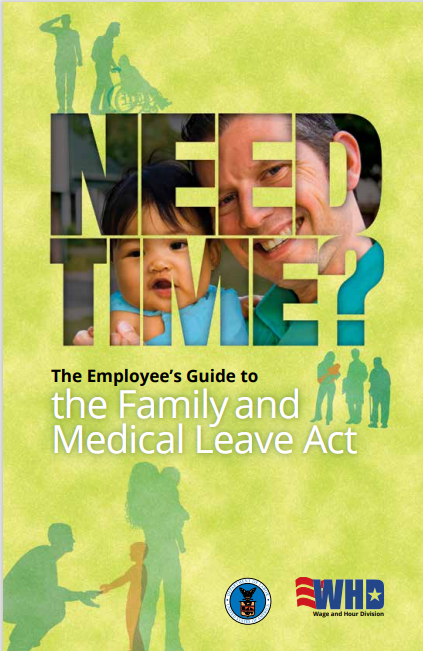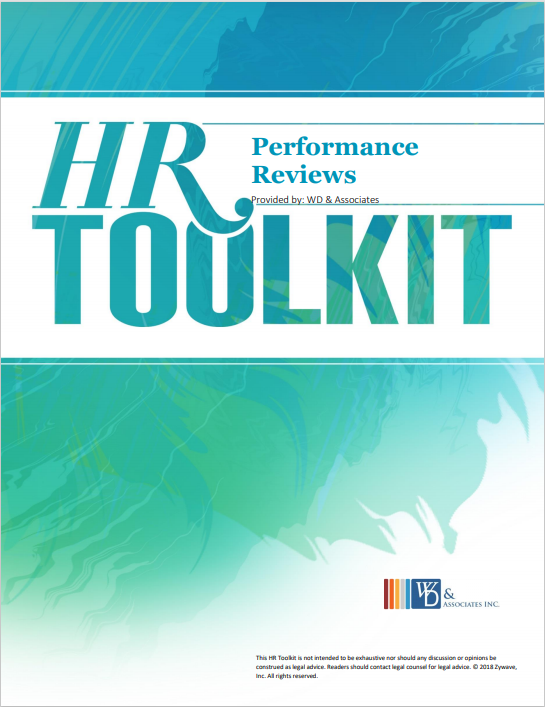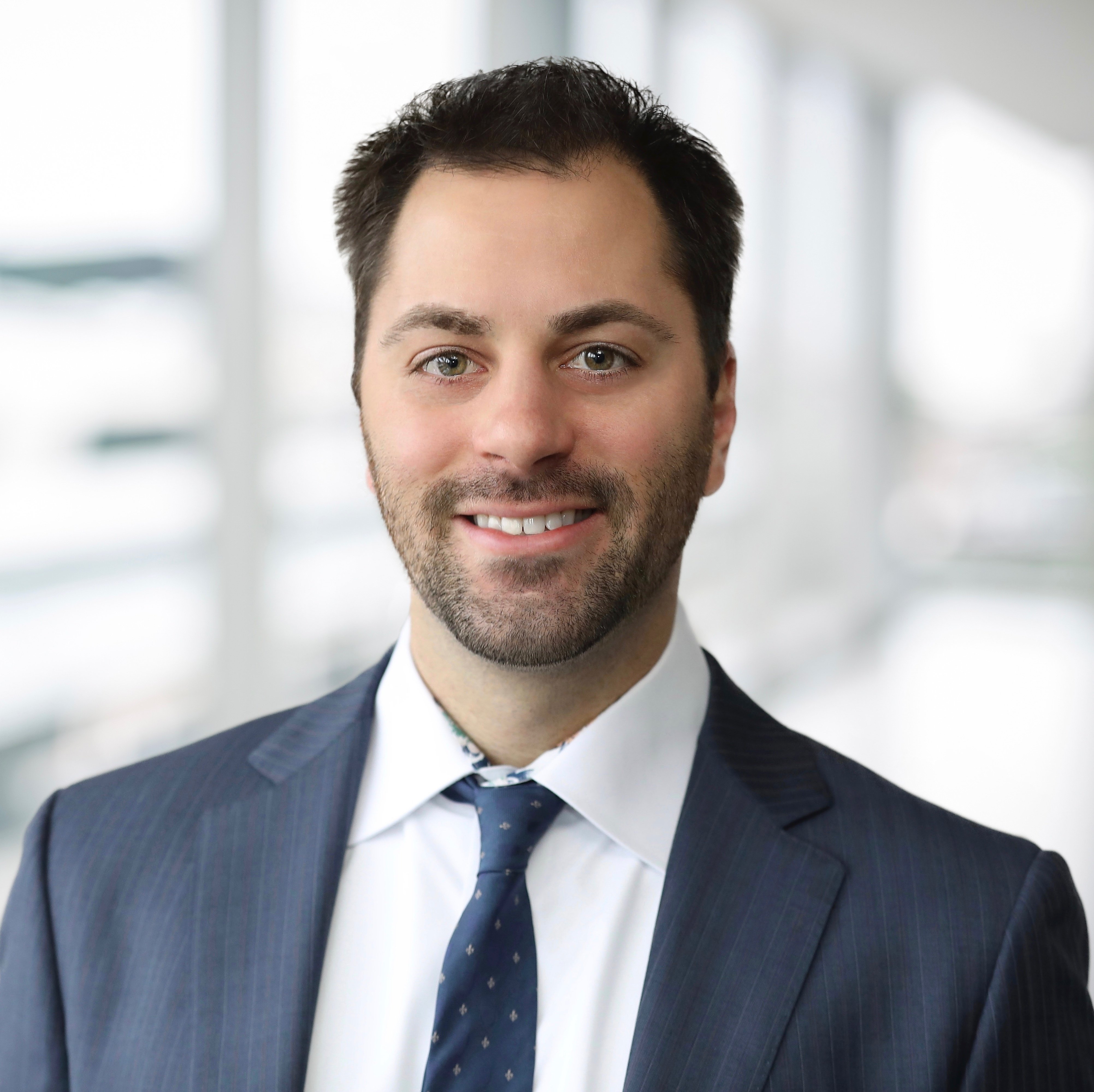When Melissa Rebelo joined our team in 2017 we were impressed by her calm demeanor and ability to catch on quickly in a new industry. We have come to rely on her efficiency and ease with clients. I thought we'd take a moment today to find out a bit more about her early experience in the industry and what she thinks everyone should know.

Q: What is the most surprising thing you have learned since joining WD & Associates?
MR: Health care plans are not as complex as I always thought they were. I think I was afraid to look to deeply at my plan before joining WDA - afraid I would never understand. Now I realize that it is not scary; it's pretty straightforward.
Q. How has working with benefits changed the way you interact with your own health insurance?
MR: It helped me to understand how my plan works. I really didn't have a full picture before and only found things out after the fact, like when dealing with a bill. Now it is so much easier for me to understand what to expect, even when we don't need care. It is easier to explain things to my family about our plan, much the way I help educate clients about theirs.
Q: You worked in a variety of positions prior to coming to WDA. What have you learned in the last two years that you would tell someone looking to make a career change to our industry?
MR: I never considered health insurance as a career choice before. Since being here I realize that it isn't about the insurance. It's about the people. I really like doing what I do for others. Especially since I know many people are still scared and uninformed as I used to be.
The health insurance industry is not as complex as most people may think, but each situation is unique and can be very complex or urgent for the people involved. I enjoy helping clients out and finding solutions to their problems.
If you are entering the industry (and I hope you are because we need new talent to replace retiring brokers) then you need to be prepared to take a deep dive into the products. I think this job is for anyone who likes solving problems. You do have to be detail focused -- since one wrong digit totally changes a social security number for instance. I think you will get a lot of satisfaction from it once you know the scoop on the plans.
Q: I know you went through the licensing process for life and health insurance. How has that education affected your own approach to life insurance?
MR: We have had a policy for years but I never really looked at it. Again, it was intimidating. After studying and getting my license I know much more about my in-force policy. I was able to explain the policy we own to my husband and I am working with my mother to understand her policy as well.
I hadn't considered things like why we might want one amount of coverage versus another or how the different plans worked. Most importantly I'd say that I am now a firm believer that everyone should have a policy in place.
Q: Describe a typical work day in three sentences or less.
MR: I have tasks coming up that I can plan for like preparing files for the sales team to take to a scheduled presentation or processing upcoming group renewals. Then there are the unknown, typically customer service related and often very time sensitive. In any given day I may be handling a renewal and running a new business quote while helping someone who is at the provider’s office trying to get coverage for their appointment.
Q: Give a specific example of when you were able to help a client / client's employee or one of our team members.
MR: Just today I helped find out why one client's son kept coming on and off the health plan. The answer I got from the carrier was crazy so I kept following up and found a work around that solves their problem.
Q: Share something that you know now about WDA that you didn't know when you came on board.
MR: I came in in a customer service capacity. I had no idea that my position here at WDA plays such a big part in the sales representatives' jobs.
Q: What aspect of your job or what topic / product do you wish the general public was more educated on?
MR: General knowledge of health plan design. If people knew how to read their summary plan document before they needed care they would have a much better idea of how the plan works. Without that knowledge we will continue to see people feeling frustrated.
A basic knowledge of insurance including terms like coinsurance and deductible would be helpful. It truly is not as complex as most think when you know what questions to ask.
I also think that if you have an HSA as part of your plan you need to understand what that means throughout the year. We get a lot of questions from people who are flummoxed by their HSA associated plans.
Thanks Melissa for taking the time to answer these questions and for the great work you do here at WDA! We'll certainly use your suggestions to create some educational pieces around basic insurance concepts and HSAs in particular.
Melissa works closely with our clients who offer employer sponsored health insurance. She is a terrific resource for our clients and their employees. At WDA we are particularly passionate about education right now when the whole industry feels so uncertain and changeable.











Leave a comment